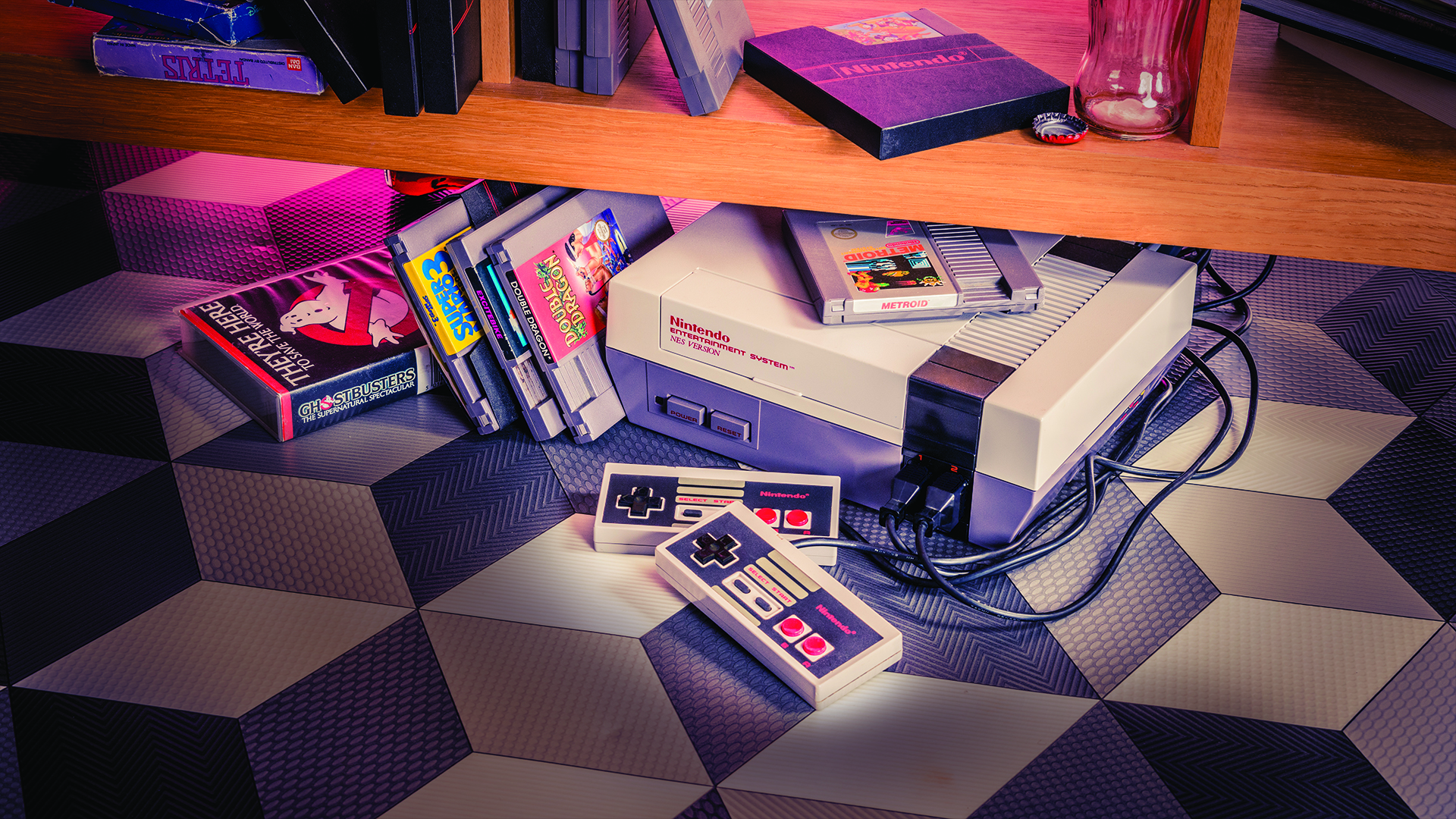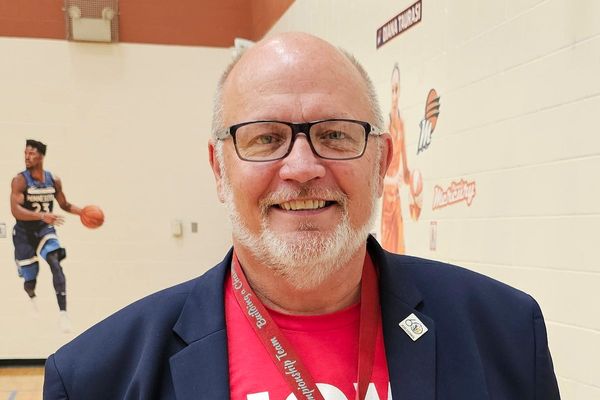
The Entertainment Software Association, the big trade organization for the video game industry in the US, says it's fully opposed to a proposed copyright exemption that would allow gaming scholars to access online libraries of preserved games.
Preservationists have been arguing for an exemption like this for some time, and last week they presented their arguments to the US Copyright Office. As the Video Game History Foundation put it, "This exemption would make it easier for libraries to share out-of-print games with researchers, without hurting the game industry."
ESA lawyer Steve Englund does not see it that way. "The preservation organizations want a great deal of discretion over how they handle very valuable intellectual property," he said in the hearing, which was streamed on Twitch by moralrecordings and highlighted by Game Developer. Englund said that preservation efforts would need to be structured "in a way that might be comforting to the owners of that valuable intellectual property. And so, at the moment, there is no set of limitations we would support."
Physical game lending is, of course, offered at many libraries, but to offer a wide swath of gaming history to researchers, you'd have to maintain a ridiculous array of aging retro electronics to keep those games playable. A free digital library with access to nearly every game ever made also already exists in the form of piracy, but legitimate researchers don't want to be caught in a situation where their work is tied up in illegally sourced materials. Hence the push for this exemption.
"The Copyright Office has the final say on this," VGHF library director Phil Salvador says on Bluesky. "They'll make an informed decision about this in the fall. But it's pretty incredible that the ESA's stance is that they won't support copyright reform to help libraries make out-of-print games more accessible to researchers under *any* circumstances."
Still, Salvador is optimistic about the outcome of the hearings. "We made a strong case," he said in another post. "I feel like this was a big moment for getting game preservation taken seriously as a practice/research area."







